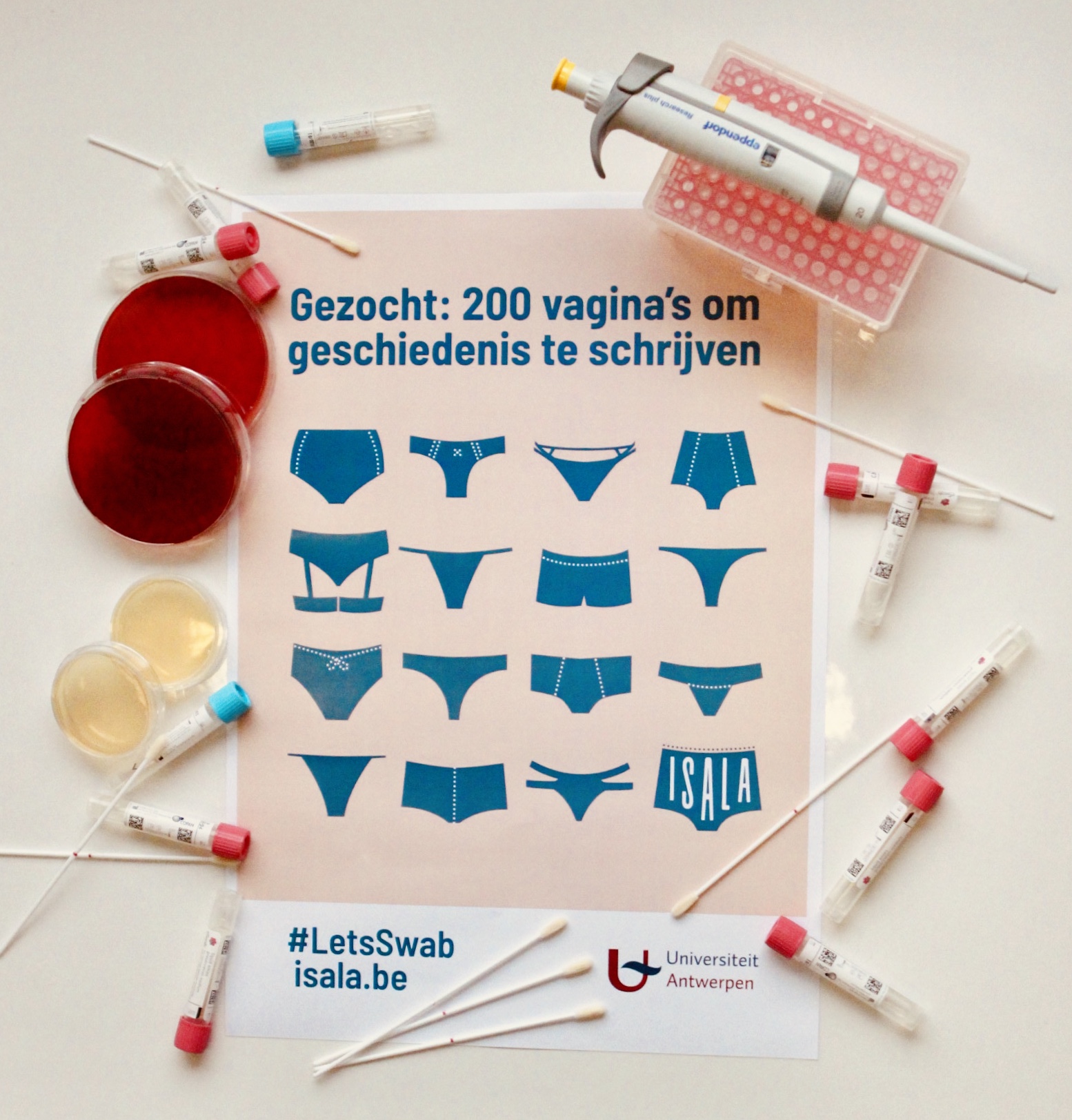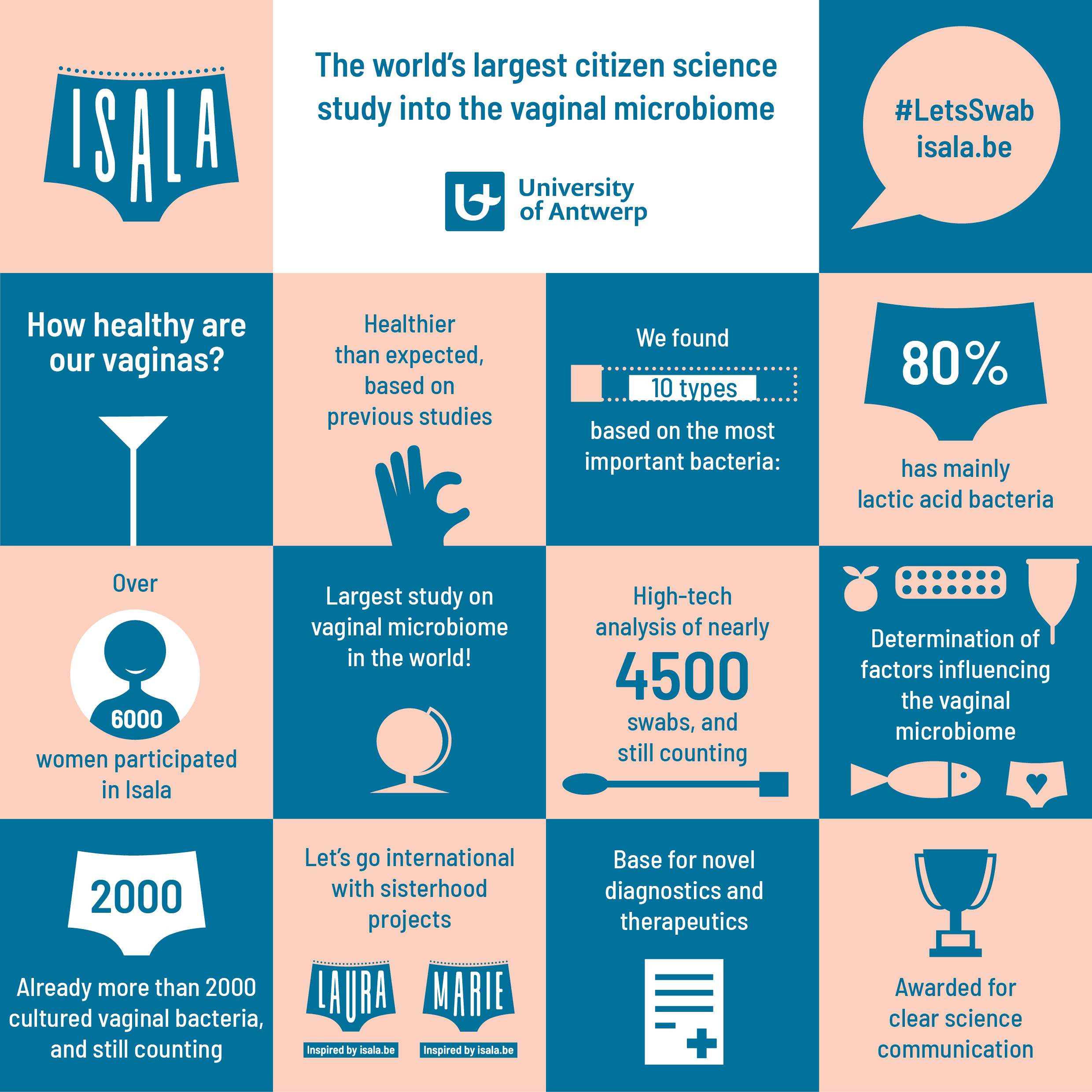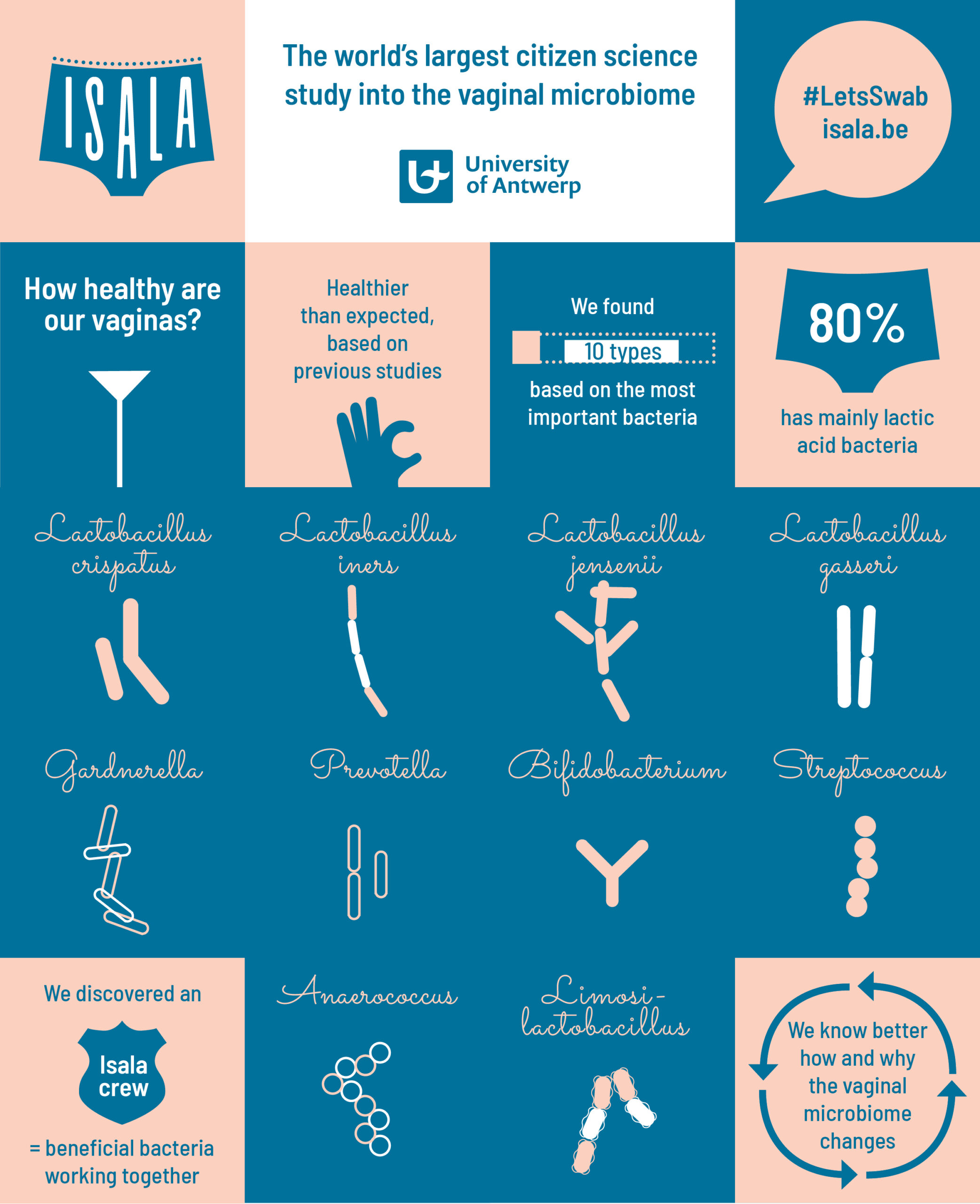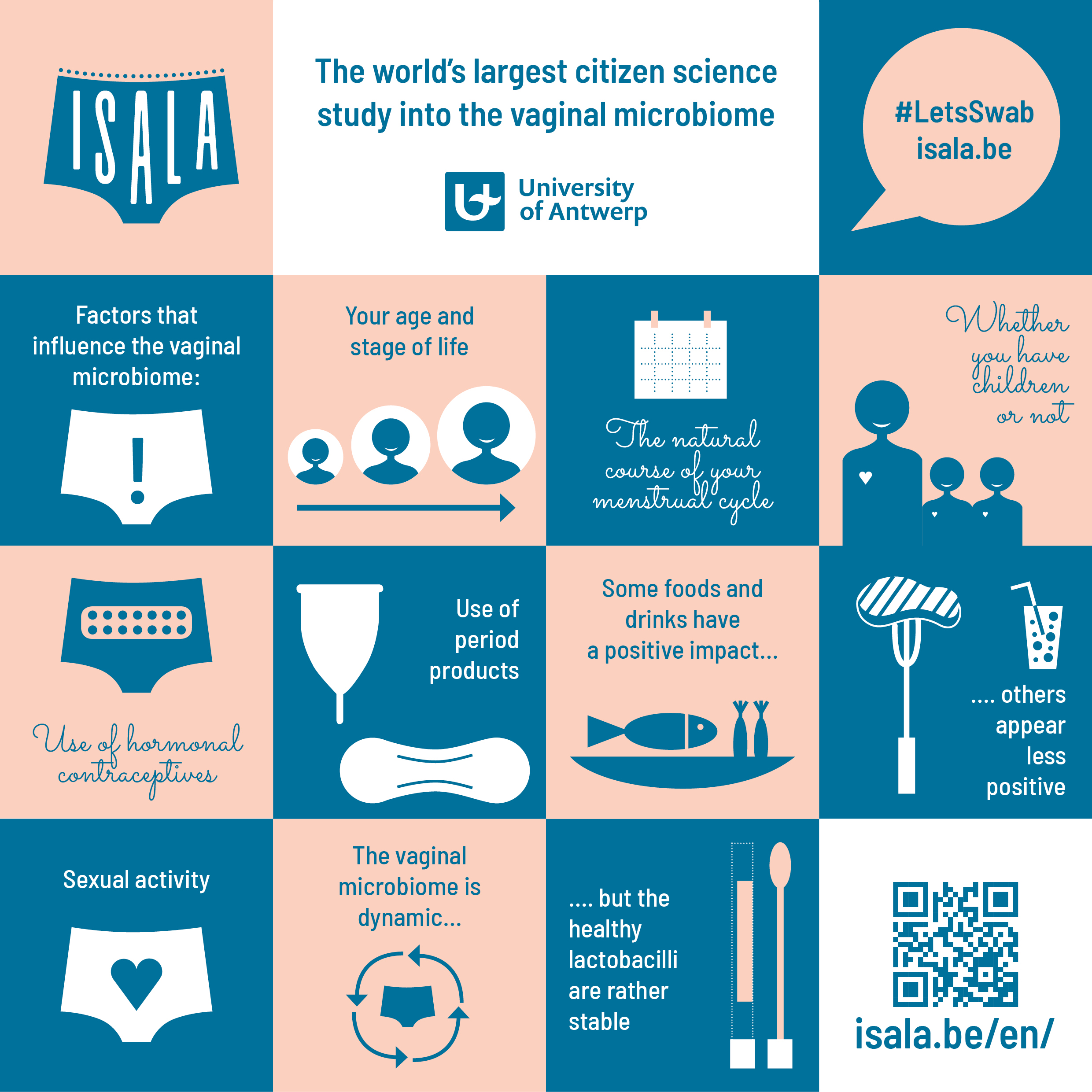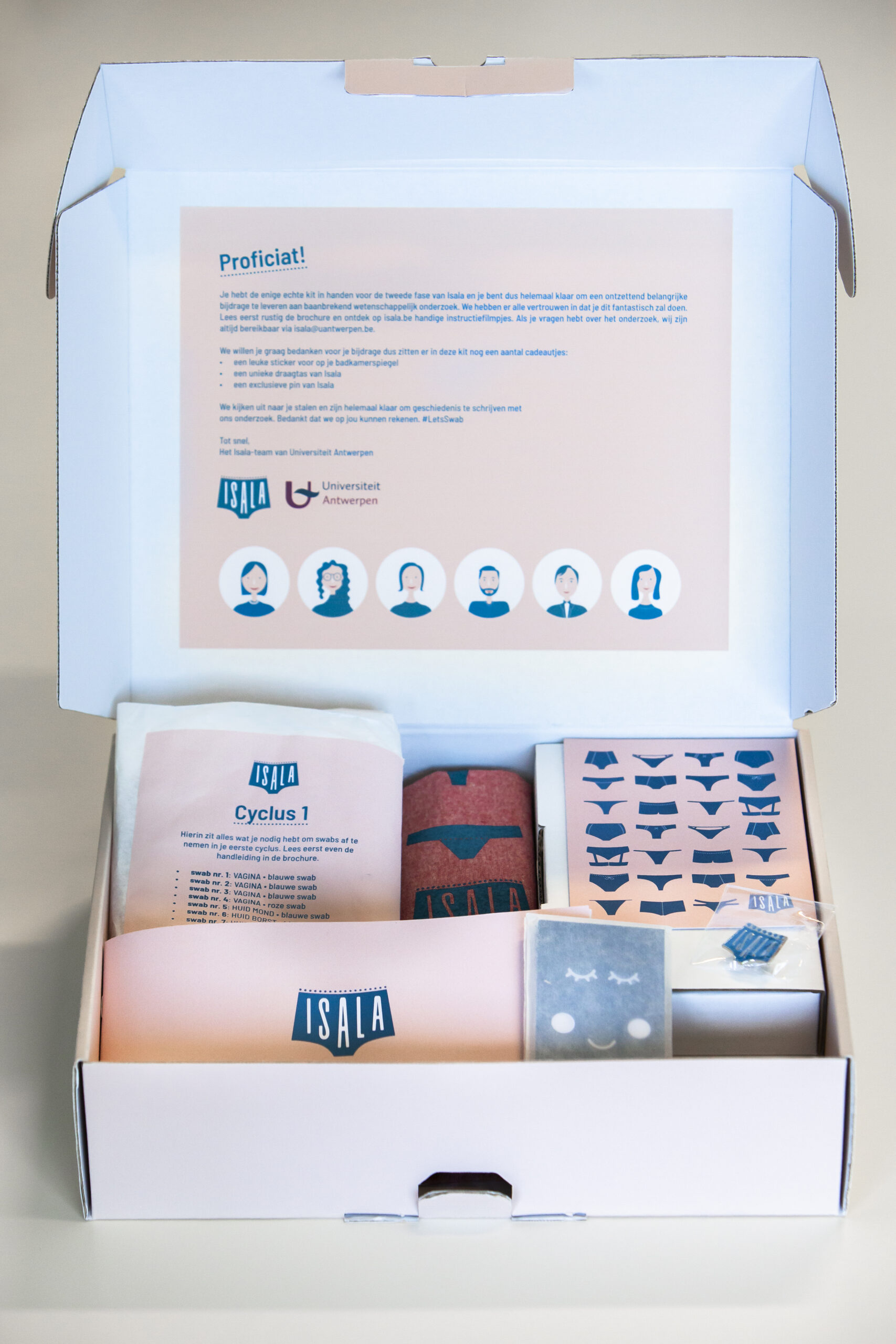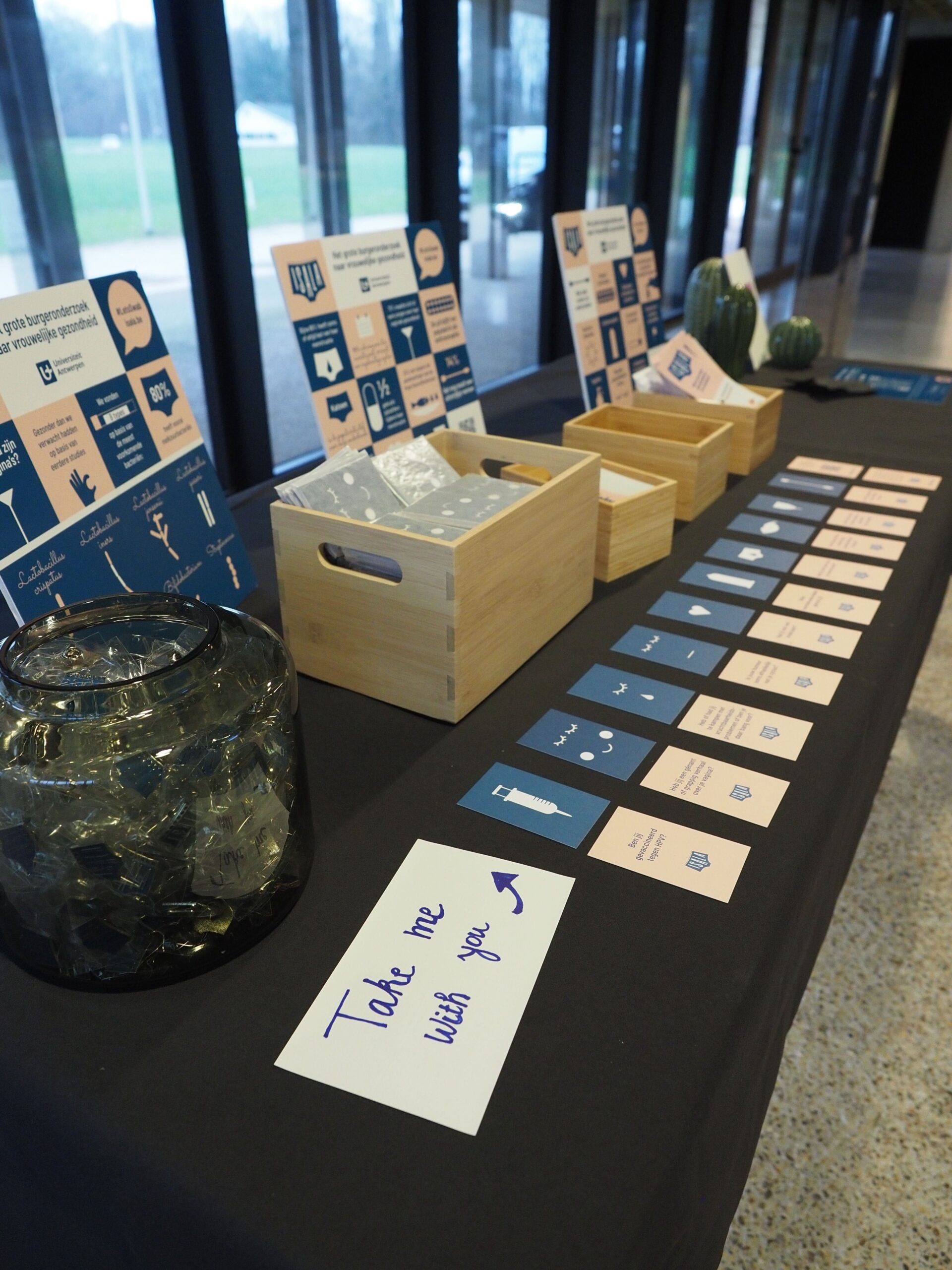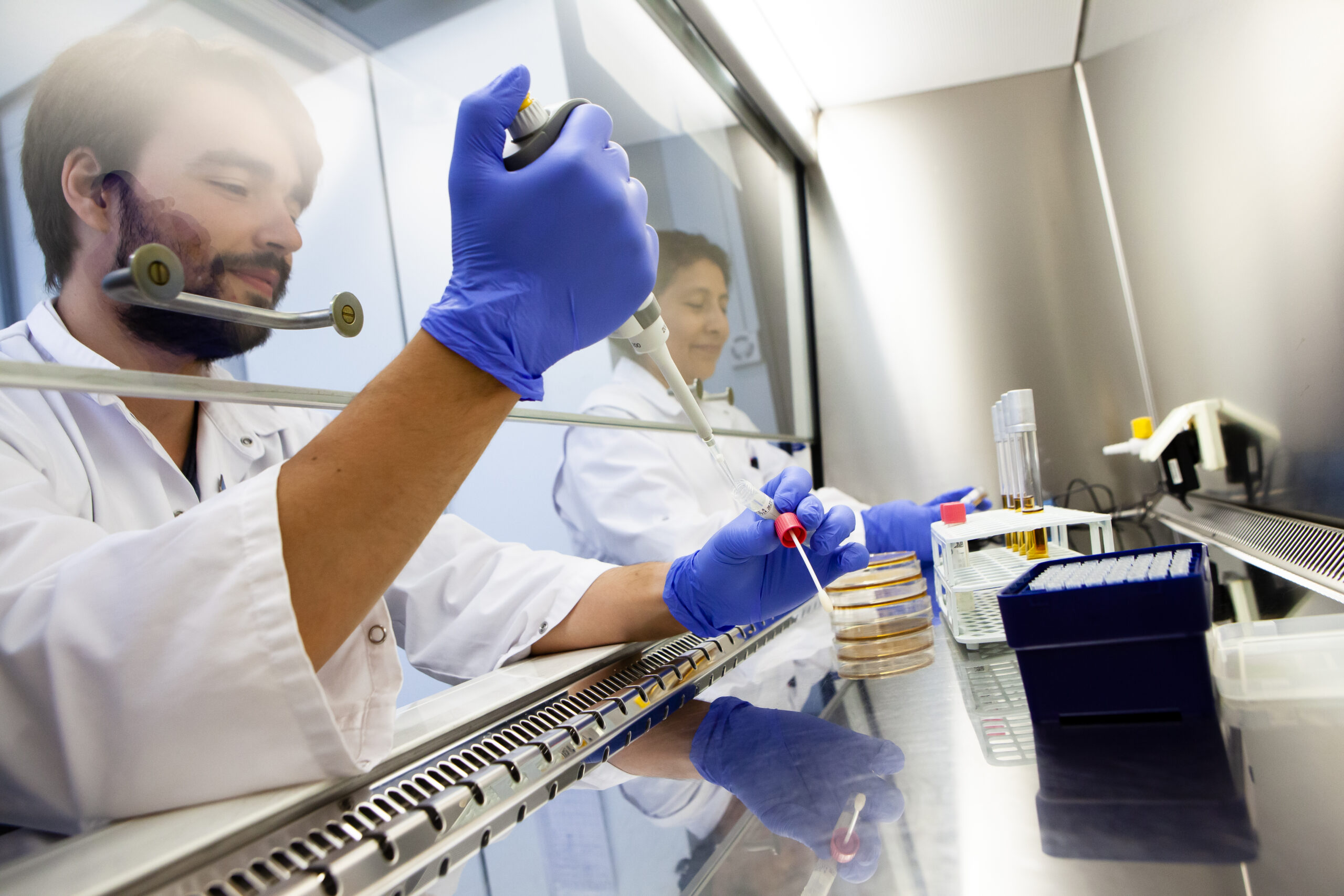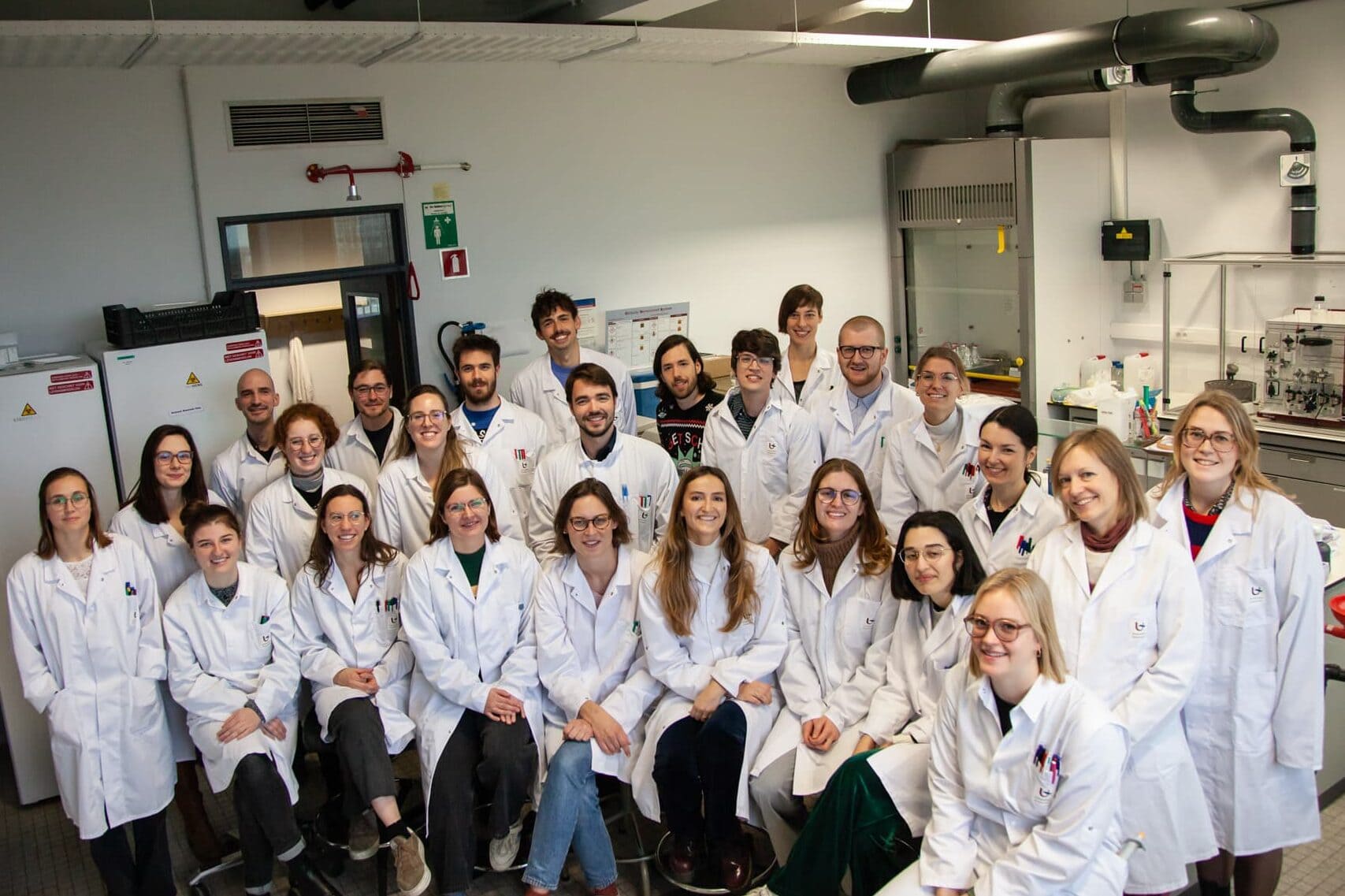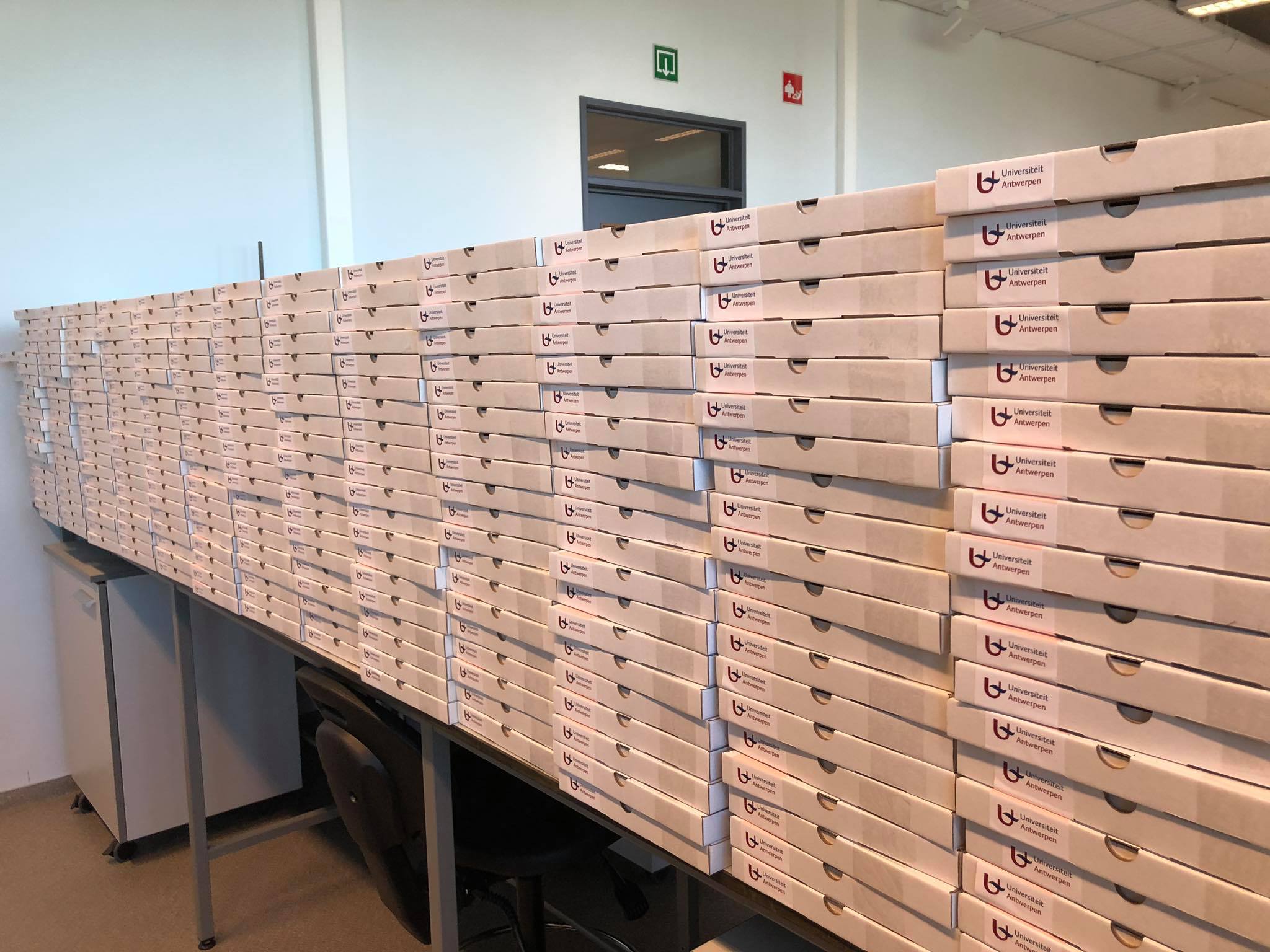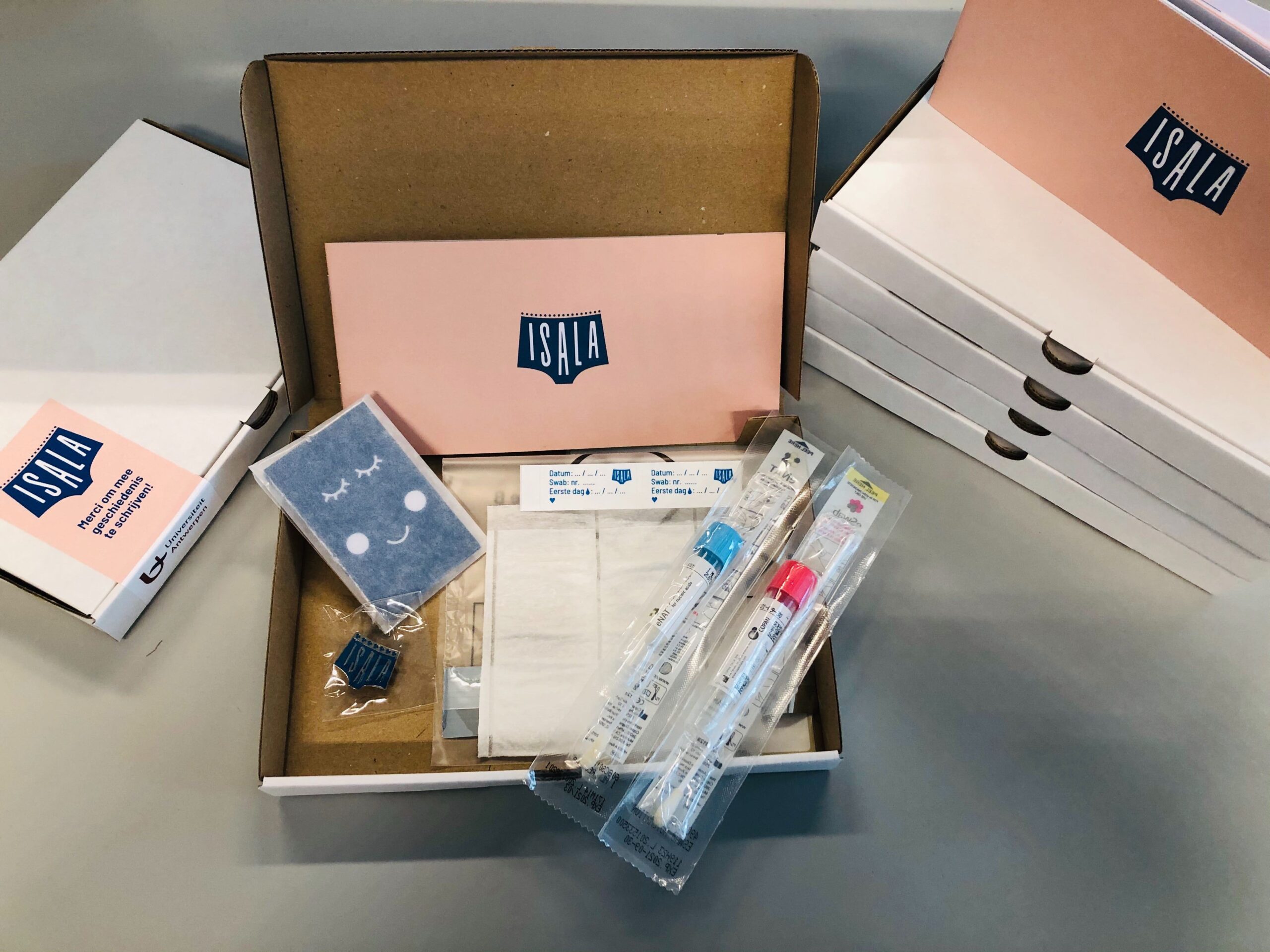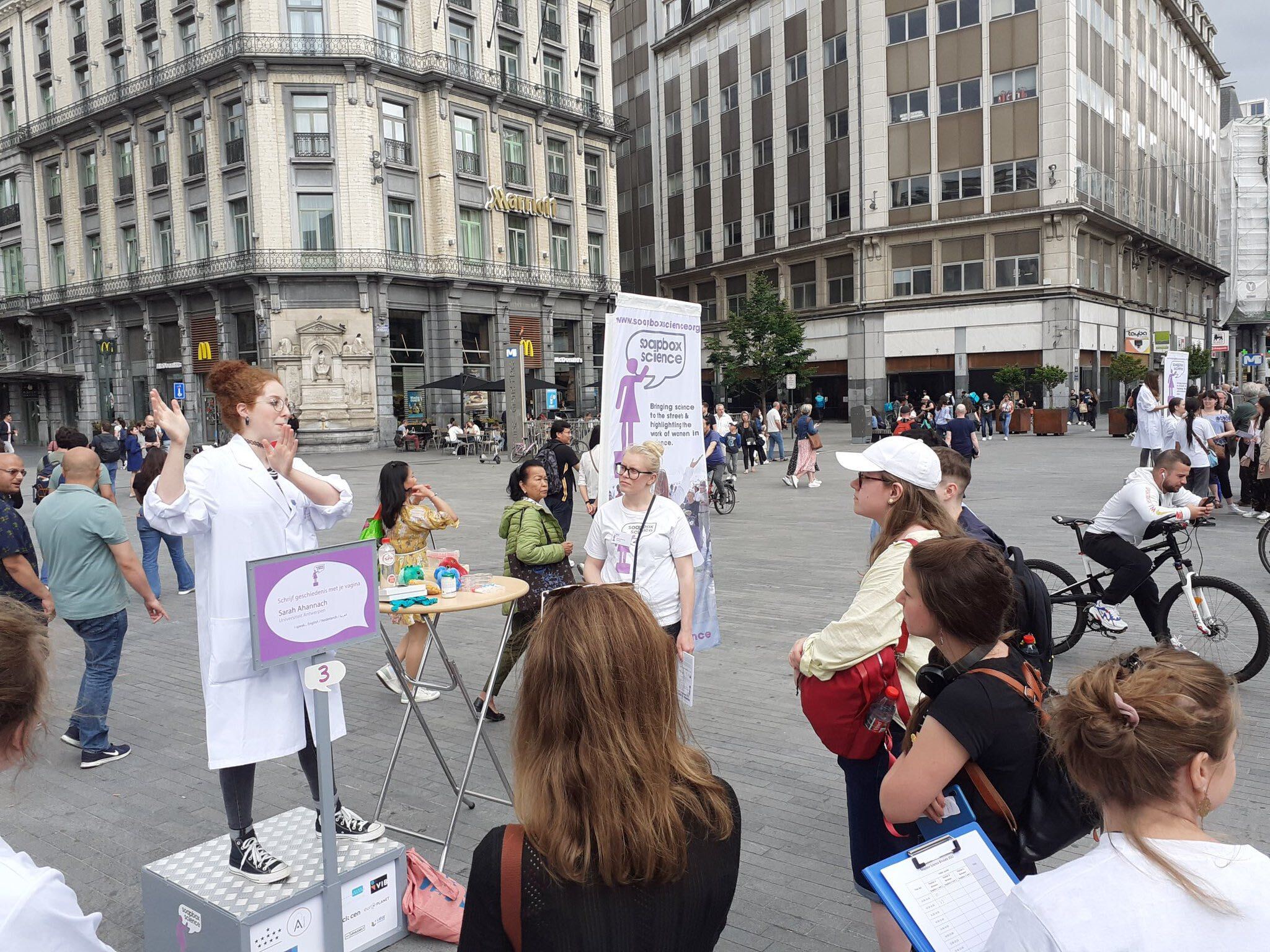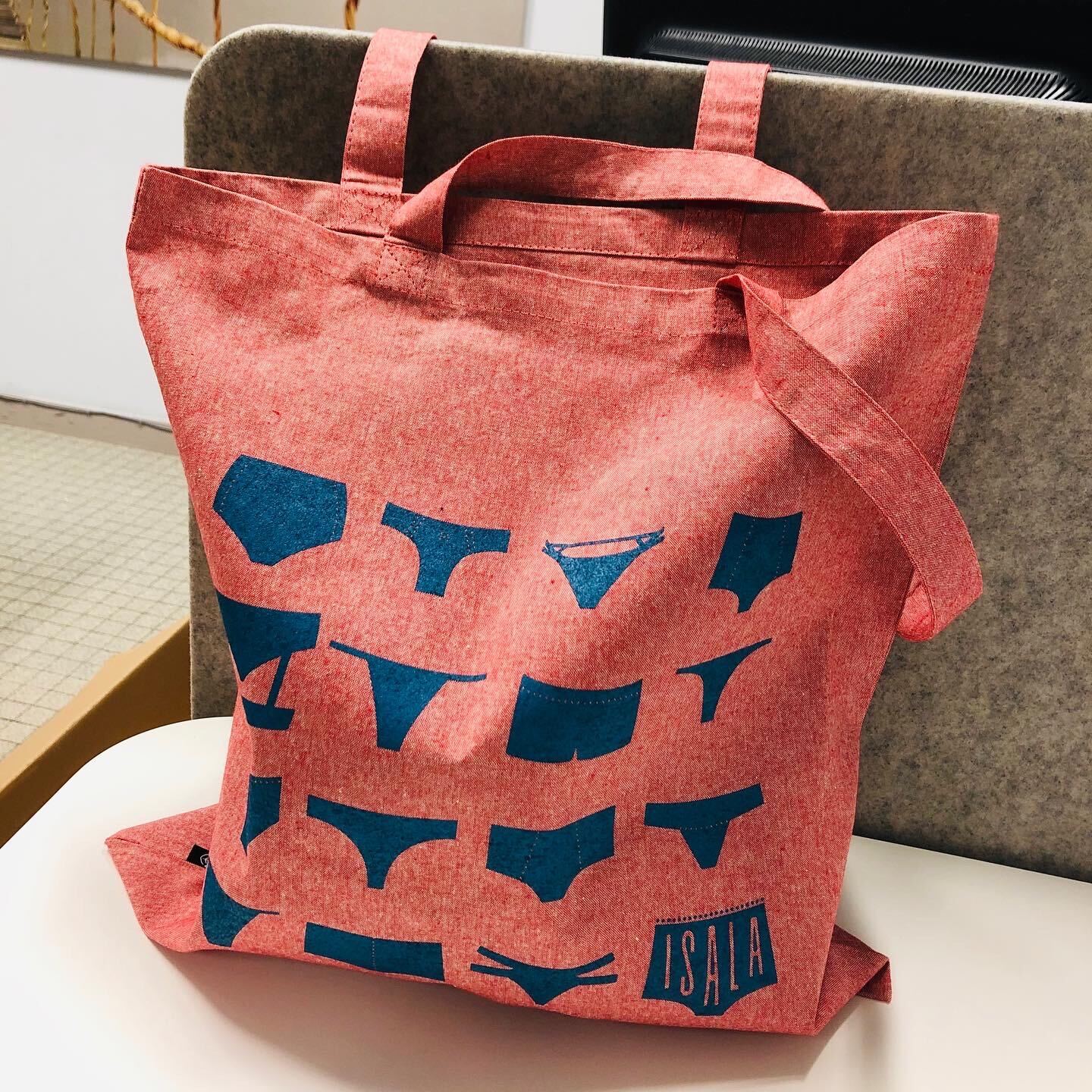Grand Prize: Awarded for outstanding achievements in the advancement of knowledge through the empowerment of civil society and citizens in the development of the future.
Isala is the world’s largest citizen science project on women’s health studying the female microbiome and its influence on our health and wellbeing. Isala has both scientific and societal goals, such as finding better forms of diagnostics and therapeutics, but also raising greater awareness of vaginal and reproductive health. Named after the first female doctor in Belgium, Isala Van Diest (1842–1916), the project draws inspiration not only from Isala Van Diest’s legacy as a pioneering medical practitioner committed to women’s health, but also from her role as a feminist and activist campaigning for women’s rights.
The Isala project launched in March 2020 with the aim to recruit 200 women to self-collect vaginal swabs. Within ten days, more than 5,500 women had registered. Due to such overwhelming enthusiasm from the public, two lines of research were set up as a first phase of the project. The first line of research involved participants taking part in a large survey about demographic, lifestyle and environmental factors through the online Qualtrics tool, and was accompanied by the self-collection of two vaginal swabs (for microbiome profiling, culturomics, metabolomics). Within one year, each participant received their personal vaginal microbiome profile, and the initial results were shared with the broader public. This was followed by the second line of research, where 275 women were selected to participate in the Isala longitudinal flow that studied hormonal fluctuations and the microbiome (through the self-collection of six vaginal swabs).
The transdisciplinary Isala team and advisory board incentives innovative research methodologies and scalable scientific results. In addition, the Isala citizen scientist is also part of the extended research and communication team as they suggest research endeavors and actively engage as ambassadors for vaginal health and women’s wellbeing. Isala also endeavors to further its impact by taking on diverse partnerships and stakeholders, such as policy makers, academic and industrial researchers, and non-profits working across various areas of women’s wellbeing (both clinical and societal).
Isala is also dedicated to breaking taboos. Inspiring and educating women in STEAM, and informing the broader public about women’s health, Isala works towards building a vibrant community that supports equal rights for all women. Isala strives to not only empower women to take their health into their own hands, but to also cultivate the trust of citizens in the science and research of such intimate topics.
The Isala team is heavily committed to community engagement and co-creation. Seeking to broaden perspectives, build bridges between citizens and scientists, and ensure research is made approachable and given a face, Isala adopts a process of transparent and recurrent communication. This is achieved through continuous community outreach activities that take place both offline and online. Offline outreach is undertaken through large and small (inter)national events that include interactive talks, workshops, panel conversations, poster presentations, museum booths, high school education packages, soapbox science, community health kiosks, yearly science and women’s days, and the Isala Symposium that took place for the first time in January 2023. Online community engagement takes place through active interactions across social media, blogpost discussions, podcasts, and webinars. Via these channels, both online and offline, the Isala team engages daily with citizen scientists and enthusiasts, and reaches an estimated 5,000 – 10,000 people of various ages each month.
Cultivating relationships of trust between citizens and scientists, Isala creates a safe space and kind corner for people to share their story, help each other, and co-create impactful and innovative research.
Jury Statement
In many books the female genitals are still portrayed in a reduced and even wrong way—from misunderstanding between the vagina and vulva to failing to show the clitoris. This misrepresentation of the visible makes it perhaps less surprising that scientific knowledge on essential facts on the vaginal microbiome have been critically lacking. With the winning project of the first European Prize for Citizen Science, over 6,000 people collaborated internationally to change this. Through Isala, scientists and citizens joined forces to study the vaginal microbiome and create an undoubtedly unique database pioneering female health. This project successfully addresses social stigma and medical bias concerning intimacy, self-care, and taboos related to the female body. “Isala not only wants to help women become more aware of their own vaginal health, but hopefully all the knowledge about the cultured bacteria will also help to develop medicines that help women with problems. Medicines based on living, healthy bacteria, so no antibiotics but probiotics!”
The jury commends Isala for approaching each part of the project with extreme care, dedication, and passion: topic, research methodology, engagement, and communication. There are toolkits online to support conversations alongside the research and enabling taboo-busting questions between groups and researchers. Embedded through this is a focus on building communities and supporting education around this work globally addressing wider health inequalities with the exciting ambitions to build on this further through sister projects. Involving participants from its very early stages onwards, Isala is an outstanding example of a well-implemented citizen-science project.
European Union Prize for Citizen Science Jury 2023 (Kat Austen, Lewis Hou, Pedro Russo, Andrea Sforzi, Stefanie Wuschitz). View full Statement here.
Credits
The project would like to thank all Isala volunteers and citizens who co-created the project, the core scientific team, the entire Lebeer lab, the Isala advisory board and the University of Antwerp. The Isala project was set up as a dynamic citizen science project with lots of voluntary work and no dedicated budget for communication. General support from university services helped establish Isala’s current science communication. The majority of the first lab analyses were funded with ERC StG Lacto-Be project. Subsequent phases are funded with FWO, UAntwerp funding and some sponsoring.
Biographies
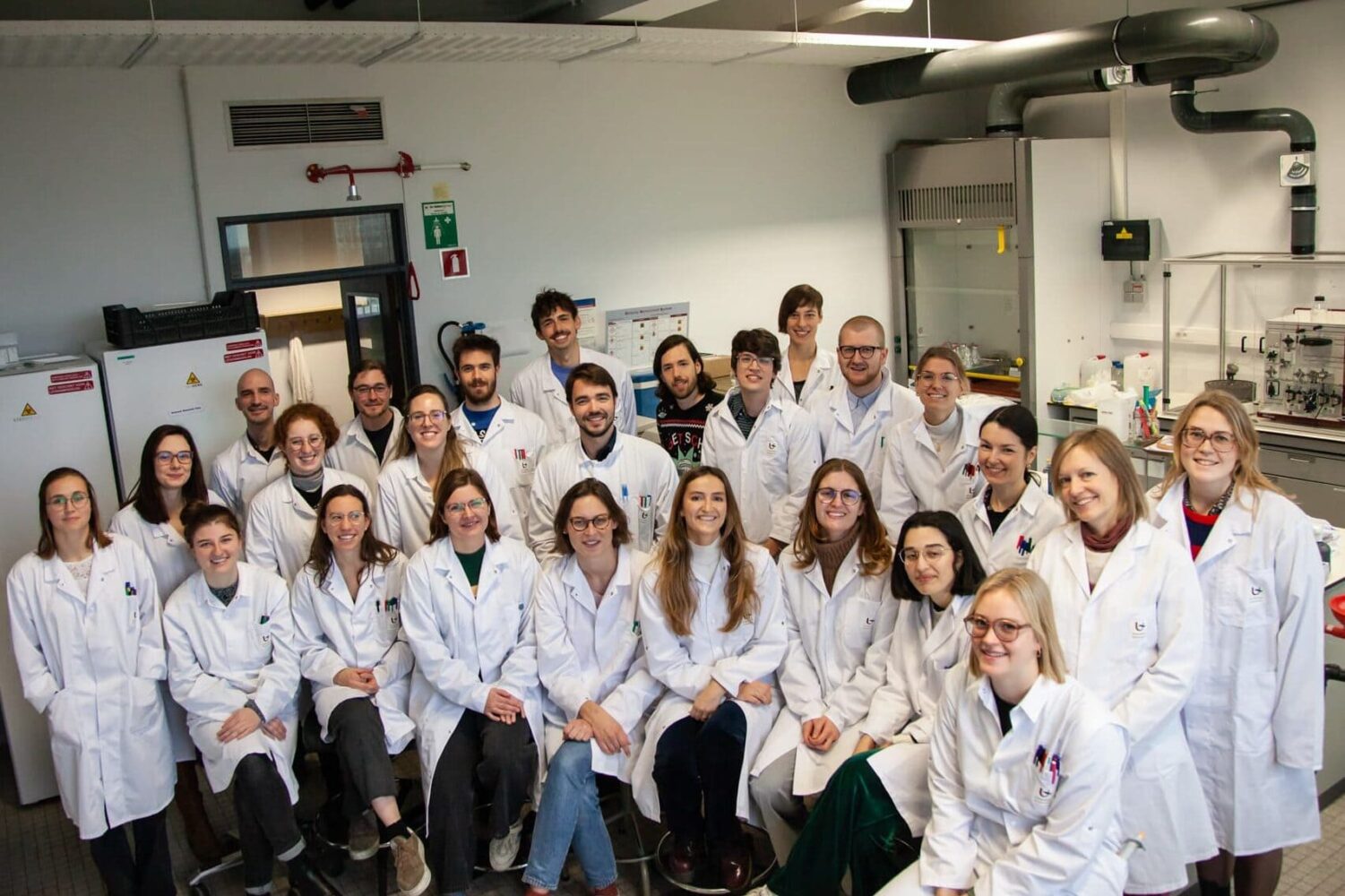
Isala Team
Isala Team (BE) was formed within Prof. Sarah Lebeer’s Laboratory of Applied Microbiology and Biotechnology at the University of Antwerp. Prof. Sarah Lebeer is the principal investigator; dr. Sarah Ahannach and dr. Camille Allonsius are the project managers; dr. Stijn Wittouck is the bioinformatician (assissted by Tim Van Rillaer); dr. Thies Gehrmann is the biostatistician and data manager; Tom Eilers and Jelle Dillen characterize the bacteria; dr. Sandra Condori is the Isala sisterhood project manager; Leonore Vander Donck studies personal hygiene and the vaginal microbiome; Caroline Dricot studies the host immune system and the microbiome; Isabel Erreygers studies diet and the vaginal metabolome; Inas Rahou studies endometriosis and the urogenital microbiome; Ines Tuyaerts, Nele Van de Vliet and Sam Bakelants provide lab support while Annelize Groenwals provides admin support.
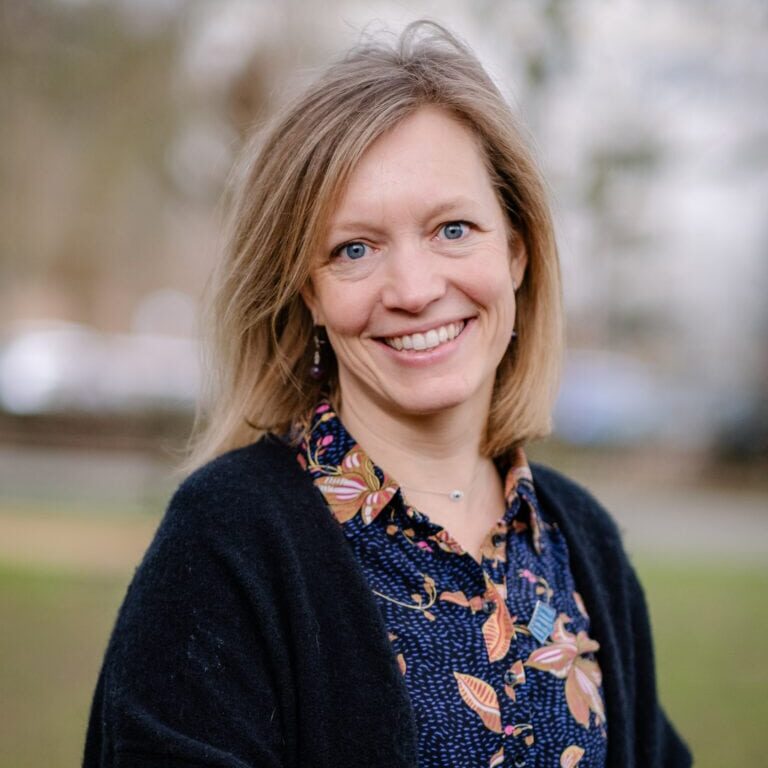
Sarah Lebeer
Sarah Lebeer (BE) studied bioscience engineering in cell and gene biotechnology and obtained her master’s degree maxima cum laude at KU Leuven (Belgium) in 2004. In 2008, she obtained a PhD degree in Bioscience Engineering with a topic on probiotics and inflammatory bowel diseases (KU Leuven). After a postdoc on the interaction between lactobacilli, viruses and mucosal immunology, Sarah was offered a tenure track position in Microbiology at the University of Antwerp in Nov 2011. She has founded the Laboratory of Applied Microbiology and Biotechnology in 2012. Sarah is a full professor since January 2023.
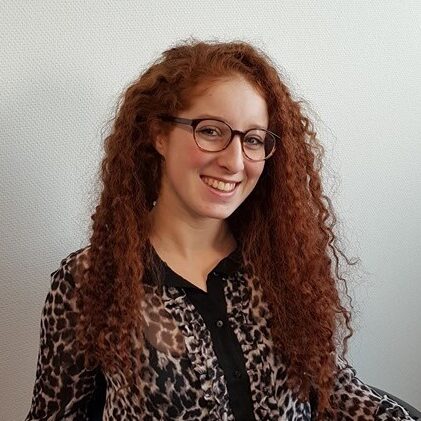
Sarah Ahannach
Sarah Ahannach (BE) obtained her Bachelors in Biomedical Sciences (2013-2016) and her Masters in Forensic Biomedical Sciences (2016-2018) at the KU Leuven. Sarah obtained her PhD degree in Bioscience Engineering with multi-faceted exploration of women’s microbiome in January 2023 (UAntwerp, Belgium). She is currently a postdoctoral researcher at the lab prof. Sarah Lebeer and focuses on the interplay between women and their microbes which adds to her passion to help fill gender data gaps. It is her conviction that a multidisciplinary approach incites innovative results and opens doors for novel research in the field of women’s health.
